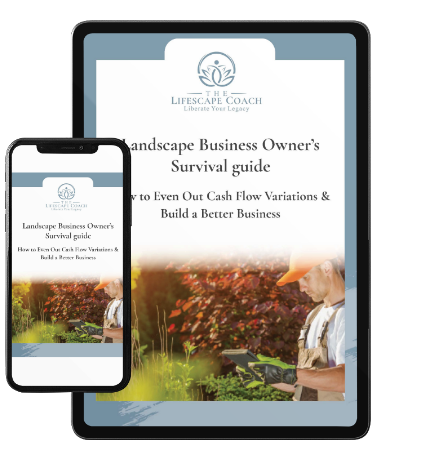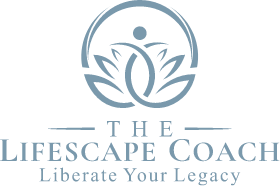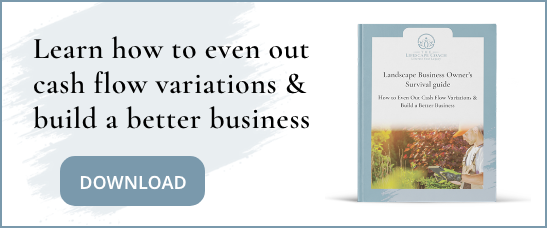A Recipe to Gain The Best Landscape Business Clients
There’s an old marketing joke that applies just as well to the professional landscape industry: “This would be a great business to be in if it weren’t for the clients.” Now, of course, there’s a lot to love about our clients, but some can drive you crazy with demands or complaints.
So how can you identify the characteristics of your perfect client so you can attract more of the people you enjoy working with and determine the ones who will cause more stress than joy? Let’s walk through the process of finding the right clients through alignment and communication.
Misalignment and misunderstanding
A poor client relationship often starts with a misalignment of client expectations and the way you deliver your services. This lack of alignment causes friction which bothers them and they, in turn, bother you. When clients and services don’t line up, it creates a no-win situation that you have to struggle with constantly. For example, you may prefer to use email, but your client always wants to get you on the phone. Not being able to communicate easily is a recipe for frustration all around.
To avoid this situation from the beginning, it’s important to clearly describe how you work and interact with your client so you can target prospects who align with the way you operate. This approach may seem counter-intuitive – after all, the client’s always right, right? But that means you have to work the way they want you to, which may not be the most efficient way for you. If you offer a specialized service that sets you apart from the competition (the ideal way to run a service business), then clients will value it more and accept service on your terms so you can deliver the most value. Everyone wins in this situation – you work the way you want to, and the client gets the biggest bang for their buck.
Create a client checklist
 You probably already know intuitively what makes a great client for your business. Write it down. Create a checklist of the client attributes that work best for you and your business. It could be things such as their proximity to your location, their approach to landscape design, their enthusiasm for gardening and sustainability – whatever it is, write it down. If you’re having trouble identifying traits, think about current clients or projects that you really enjoy and dissect them – what is it about a particular client or job that you really like? Those will be the characteristics you should look for in future clients.
You probably already know intuitively what makes a great client for your business. Write it down. Create a checklist of the client attributes that work best for you and your business. It could be things such as their proximity to your location, their approach to landscape design, their enthusiasm for gardening and sustainability – whatever it is, write it down. If you’re having trouble identifying traits, think about current clients or projects that you really enjoy and dissect them – what is it about a particular client or job that you really like? Those will be the characteristics you should look for in future clients.
Your business model will determine your clients
If you’re just starting out in the landscape business or looking to restructure your current one, your business model will fundamentally shape the kind of client you’ll attract.
If you’re providing a commodity service with little differentiation and a focus on high volume and low price you’ll attract clients who want service that is fast, hassle-free, and cheap. If you’re creating a specialty landscape business that is highly differentiated and focused on creative, custom work, you’ll win clients with a similar mindset who don’t mind spending the extra time and money working with a talented, creative landscape firm.
If you’re okay with the clients that come with the business model you’ve chosen, terrific. If not, rethink your business model.
Now go get ‘em
Now that you’ve done the work to define your perfect client, you have to figure out where to find them. That means determining the media they use (online and offline -- social, broadcast, and print) and how to best reach them in those channels (Facebook, the local newspaper, etc.). It’s vital that you determine what they’re looking at before you invest in advertising, otherwise you could be flushing away money trying to figure out what works.
Finding the right client is the cornerstone of success. It’s the difference between getting up each morning with a spring in your step or dragging yourself through hell every day. Clear communication is the key, from when you’re first approaching a prospect to how you handle the ongoing client relationship.
When there is misalignment, friction occurs, stress increases, and you find yourself wanting out of the relationship after only a few weeks or months. Qualify and align each client with the way you prefer to work, and you’ll be happier and more successful.
Landscape Business Owners Survival Guide



